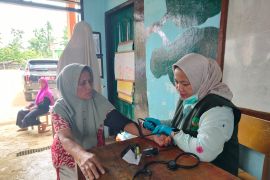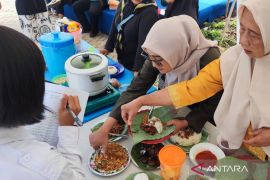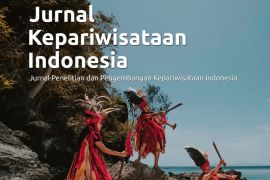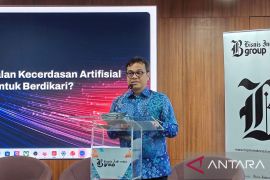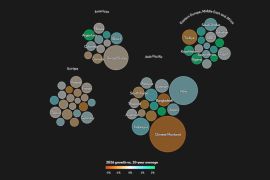"Although they are not included on the EG List, we will continue our efforts to get Indonesian CPO and rubber placed on the list by early next year," International Trade Cooperation Director General of the Trade Ministry Imam Pambagyo said after attending a meeting for senior officials of APEC (CSOM APEC) here on Tuesday.
Imam noted that various members of APEC had objected to the long process that would have to be followed if Indonesia forced the issue of including the two commodities on the EG List.
"The Vladivostok consensus had passed a long and difficult process. If the package (of the EG List) that has been agreed upon has to be reopened to add CPO and rubber, other countries must also be allowed to make such additions (and this would take time)," the director general stated.
He added that other APEC countries were not yet ready to follow suit in making additions because they would need to perform mandatory consultations at home first.
In September 2012, leaders and representatives from 21 APEC member countries had approved a list of 54 environmentally friendly goods at their summit in Vladivostok, Russia, that will receive tariff reductions of up to 5 percent by 2015.
"We want our aspirations to be accommodated, so we are preparing a stronger proposal," the director general said.
Indonesia proposed that next year, APEC should develop products that focus on sustainable growth, regional development, and poverty alleviation, he noted.
Deputy Chairman of the Indonesian Pulp and Paper Association Rusli Tan said on Monday that the APEC Summit being held in Bali this week, must benefit Indonesia`s crude palm oil (CPO) and paper products industries.
"Although the two commodities are not included on APEC's list of environment-friendly goods, the summit should at least have a positive impact on the country's CPO and paper industries," Rusli Tan stated.
Rusli Tan said his side hoped the Indonesian government would have the courage to fight for the inclusion of the two commodities on the APEC list during the Bali summit in light of the country's stance that its pulp and paper products are environmentally friendly.
The government should also continue to make improvements in the forestry sector. For example, the government should examine the trade ministry's requirements for getting Timber Legality Verification Certificates for the country`s exports of forestry products.
"Thus, the black campaign launched by non-governmental organizations abroad in opposition to Indonesian forestry products will not be effective," he added.
Trade Minister Gita Wirjawan had previously asked all sides to make use of the APEC summit to fight against the black campaign that opposed the entry of Indonesia`s forestry product industries into the global market.
Editor: Ade P Marboen
Copyright © ANTARA 2013

